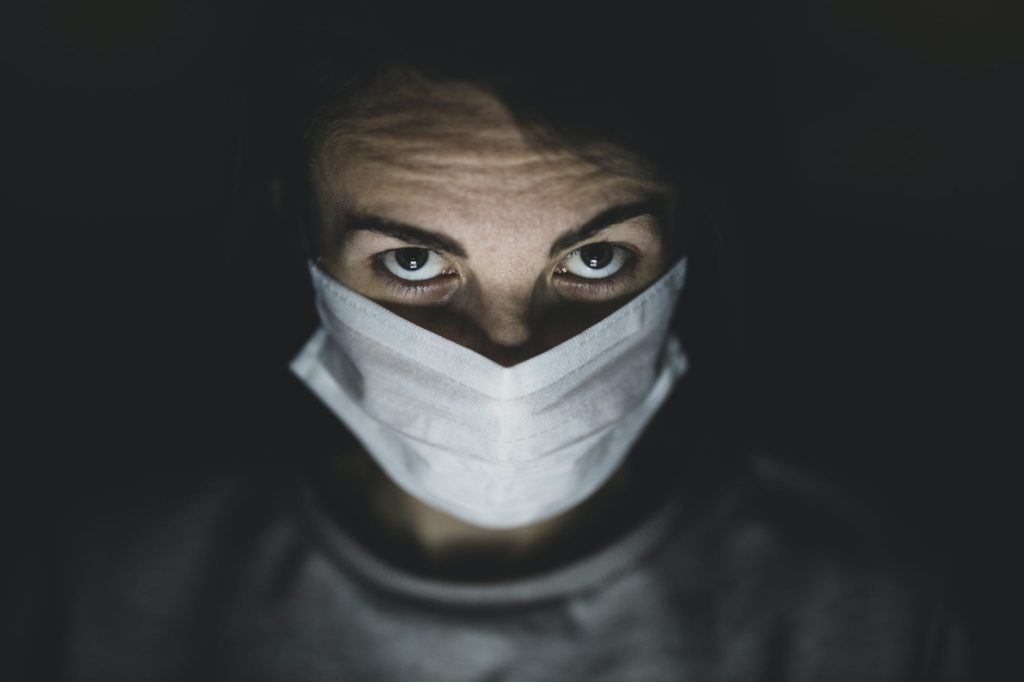Compulsory licenses on COVID 19 drugs: a Global IP threat!

During this COVID-19 pandemic, a global crisis fueling uncertainty and fear, a growing number of governments and activists are calling for compulsory licensing for all “medicines, vaccines, or diagnostics” that could aide in the fight. Unfortunately, at this moment, this nuclear policy tool does no more to solve the current crisis than Turkmenistan’s response to ban the word ‘coronavirus’.
Compulsory licensing allows a government to direct a third party to produce, market, and sell a patented product without the consent of the patent owner. This “flexibility” dangerously undermines the innovation incentive required by innovators at a time when the world needs them more than ever.
The European Union is the latest target facing cries to remove patents. In two separate letters, one signed by more than 30 members of the European Parliament and another by 62 advocacy groups, the European Commission was urged to avoid granting patents that may result in eventually charging prices for medicines or vaccines, that would be out of reach for poorer countries around the world.
Note: no company has used patents on vaccines or other treatments to limit supply. Instead, executives acknowledge the reality, as stated by Stephen Hoge, president of Moderna the first company to start human trials of a COVID-19 vaccine “there’s a lot of fear out there right now. And there is a competition. But it’s not between the companies. It’s between all of us and the virus. It’s not us and them. It’s us versus it. And the only way we’re gonna beat the coronavirus is all working together. No one group, no one company can possibly expect to do this alone.”
In fact, only a few days before the EU campaign, Israel issued a compulsory patent license for Kaletra an HIV medicine which is being used experimentally to fight Covid-19. Afterwards, AbbVie, the innovator and owner of the Kaletra patent, voluntarily waived global licensing restrictions on the medicine for uses to treat COVID-19.
Apart from Israel, Canada passed the COVID-19 Emergency Response Act which orders the Minister of Health to “authorize the Government of Canada … to make, construct, use and sell a patented invention to the extent necessary to respond to the public health emergency.” While, Chile and Ecuador have bills granting similar broad powers moving through their legislatures.
Patents are undoubtedly an important driver of pharmaceutical research in today’s world. The pharmaceutical sector is an area in which innovation impacts the bottom line of manufacturers. Companies focus more on the research and development stages of various drugs to determine which ones will survive. Stronger patent protections allow long term investment to fight complex diseases such as Alzheimer’s or a vaccine against the next corona virus. In simple words innovation saves lives.
The ability of patents to incentivize innovation make them Sherman Tanks in the fight against COVID-19. What the world lacks at this moment is a greater supply of innovating products: vaccines and treatments to fight the virus; as well as machines that can produce millions of respirators, ventilators, and personal protective equipment. For example, one new weapon in the COVID-19 war is the Critical Care Decontamination System invented by Battelle that allows PPE to be sterilized and reused up to 20 times. Taking away patent rights produces less, not more innovation.
Especially in the realm of pharmaceuticals. Dubbed the riskiest business, a new drug usually takes on average about 12 years and an investment of $2.8 billion to go all the way through development, clinical trials, and finally to pharmacist shelves. At any point, say after 7 years in and $1 billion invested researchers may have to start over; less than 10 percent of treatments in development make it all the way through. Once approved and in the market, revenue funds the next treatments in the pipeline.
The role of intellectual property rights is absolutely essential to the development of future medicines, nearly 100 percent of total world pharmaceutical R&D investment is spent in North America and the European Union. The lion’s share 58 percent is spent in the United States. According to the International Property Rights Index, their scores for patent protection are 37 percent greater than the rest of the world and their per-capita income 16 times greater than those at the bottom. If more countries are going to participate in the global race to combat COVID-19, property right protections need to be strengthened, not weakened.
Photo credit: Engin Akyurt
